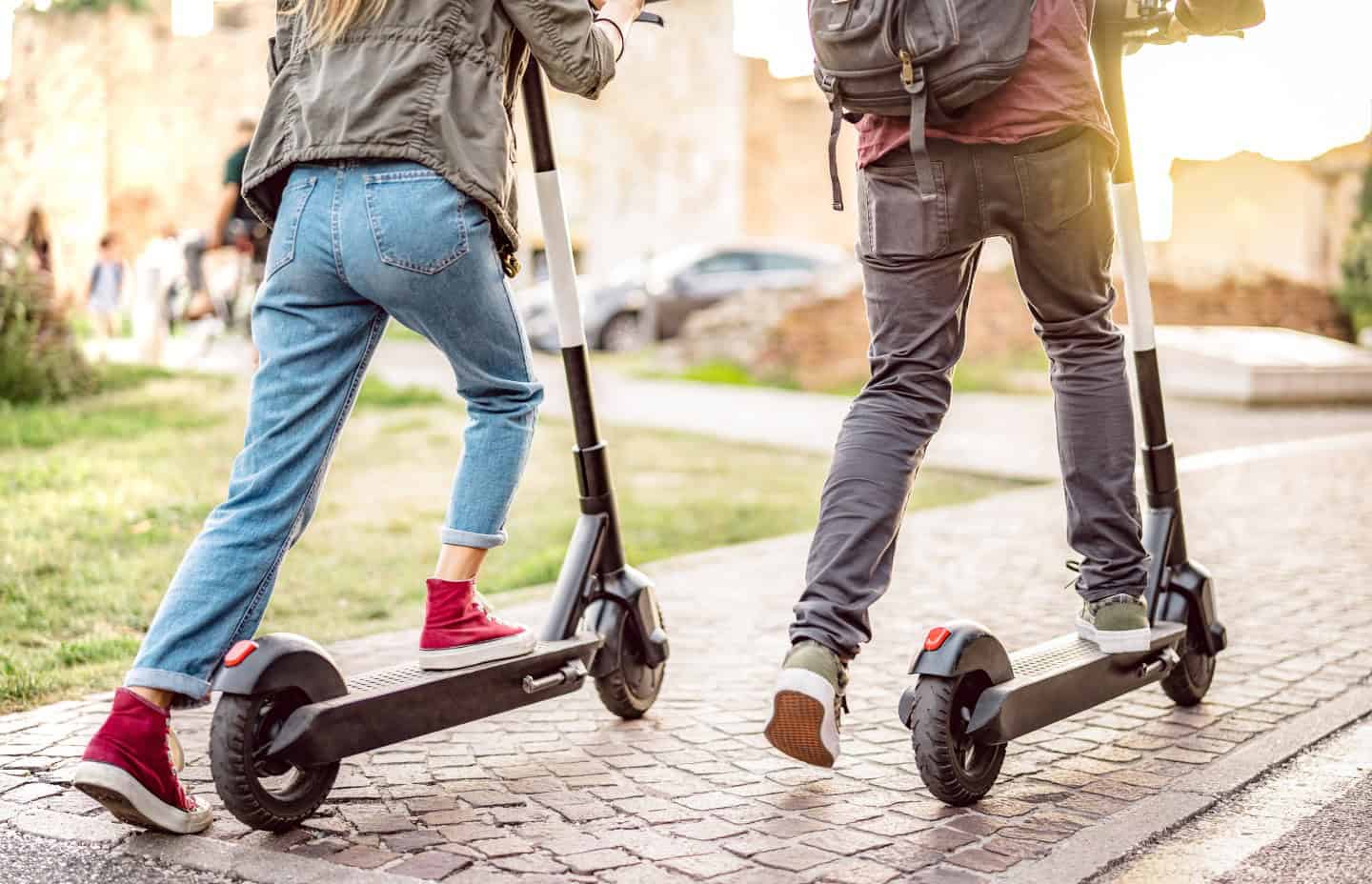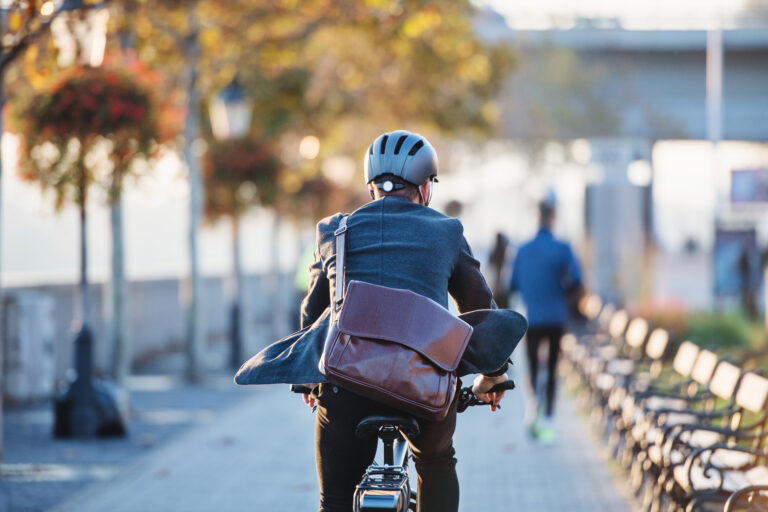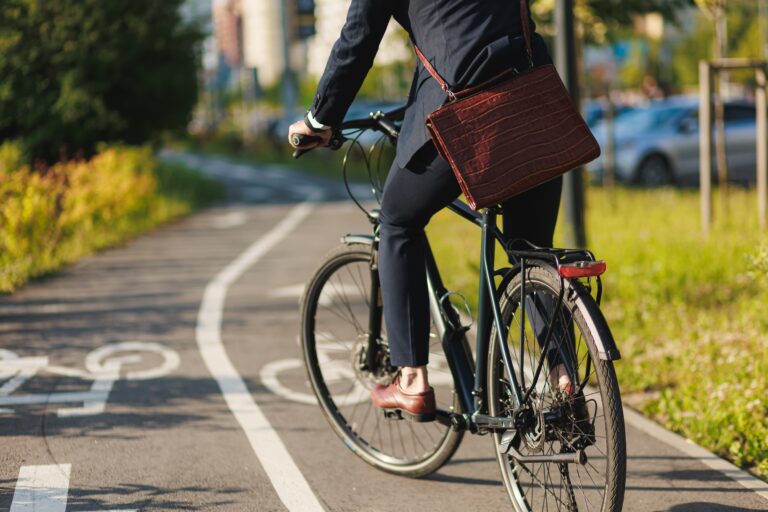
E-scooter legislation must be thoughtful
As the UK government considers the potential legalisation of privately owned e-scooters, several questions and concerns arise, particularly in relation to road safety and personal injury. The move would bring about a long-awaited reform of out-dated law that has failed to keep up with technological developments. It brings with it both opportunities and challenges for both public safety and legal culpability.
The growing trend
E-scooters have surged in popularity over recent years, heralded for their convenience, affordability, and eco-friendly benefits. In many areas, they are viewed as a viable solution to reduce traffic congestion and pollution. While rental e-scooter trials have been underway in numerous UK cities, their privately owned counterparts remain illegal on public roads. This could change soon, however, as discussions about their legalisation continue to gain momentum. Transport Secretary, Louise Haigh, has recently confirmed that the government will legalise e-scooters in the coming years.
The safety conundrum
One of the most pressing concerns with the introduction of privately owned e-scooters is safety. E-scooter riders are vulnerable to collisions due to several factors, including the following:
- Design – Small wheels and being low to the ground make e-scooters susceptible to hazards and defects in the road.
- Sharing spaces with cars, bicycles, and pedestrians – A lack of dedicated lanes amplifies the risk of collisions.
- Rider inexperience – Unlike with cars or motorcycles, e-scooter riders don’t require a license or prior training, meaning many lack basic road safety awareness.
- Speed and control – Privately owned e-scooters can be modified to exceed legal speed limits, increasing the risk of severe collisions.
These types of challenges underscore the need for a regulatory framework that prioritises the safety of e-scooter riders, pedestrians and other road users.
Implications for personal injury law
The potential legalisation of privately owned e-scooters would inevitably bring new legal considerations within personal injury cases. Key questions include:
- Liability – As with all other road traffic collisions, each case will turn on its own facts. If privately owned e-scooters are legalised, riders seeking to bring a claim should no longer be faced with allegations that they were riding illegally and contributed to the incident themselves.
- Insurance – There are likely to be cases where pedestrians, cyclists or other road users struggle to access compensation from a negligent e-scooter rider if there is an absence of comprehensive insurance in place.
- Legislative requirements – New rules around things like mandatory helmets, speed restrictions, and licencing could help mitigate risks and improve safety, but if disobeyed, could have wider implications on the outcome of claims.
Ensuring access to compensation
From a legal standpoint, it is crucial that any framework established for the use of privately owned e-scooters includes robust measures to ensure victims of collisions can access fair compensation. This could involve mandatory third-party insurance. Introducing insurance requirements akin to those of other motorised vehicles would provide injured parties a clear pathway to compensation.
Clear liability provisions that define the responsibility of e-scooter riders versus other road users will be critical in resolving disputes. It will be interesting to see where e-scooter riders sit in the hierarchy of road users, introduced relatively recently within the Highway Code.
The way forward
As a personal injury solicitor, my primary focus is on safeguarding the interests of seriously injured people. The legalisation around privately owned e-scooters, if not approached carefully, could lead to a significant rise in personal injury claims and associated complexities. The government must balance innovation with accountability, ensuring that e-scooters enhance mobility without compromising public safety or their ability to access damages.
The potential legalisation of privately owned e-scooters marks a pivotal moment for transportation in the UK. While it holds promise for a cleaner, more efficient mode of travel, it comes with challenges that must be addressed through thoughtful legislation.










